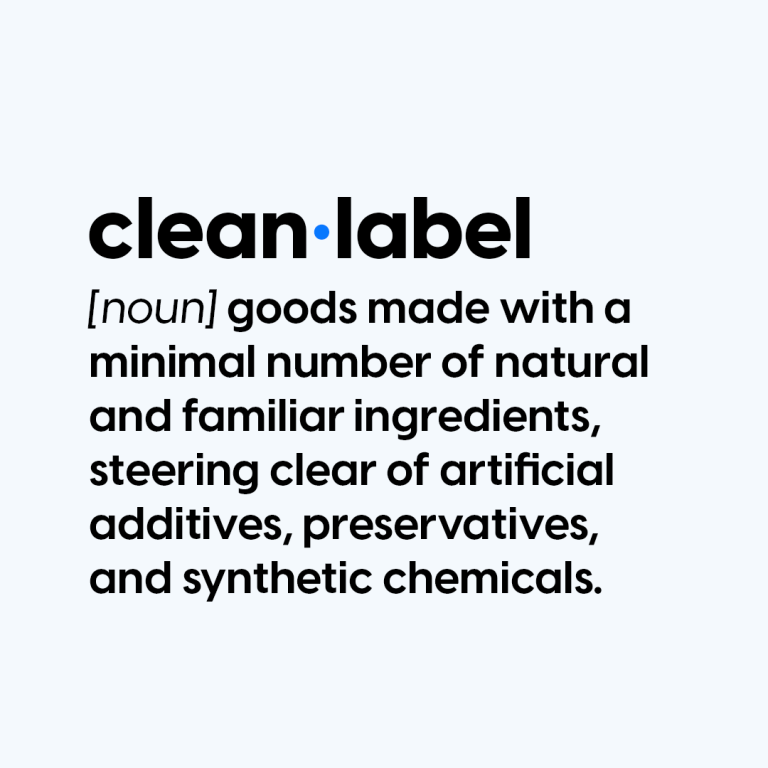The Keto Diet
The ketogenic diet—shortened to keto—is a high fat, low-carbohydrate eating plan. First used to treat epilepsy in the 1920s and 1930s, this low-carb diet is finding favor among athletes and other consumers aiming to lose weight. Keto is touted for its health benefits and impressive weight loss transformations. The eating regimen was recognized as the most popular diet for 2019, according to more than 1,300 dieticians surveyed in the seventh annual “What’s Trending Nutrition” survey from Today’s Dietician magazine.
Keto diet’s main premise is that by greatly lowering carb intake, the body is forced into a state known as ketosis, where it burns fat instead of carbohydrates for energy. Some use the keto diet as a short term cleanse where others continue on the diet for long-term benefits. Keto diet results are different for everyone and eating low-carb foods is notoriously difficult to follow. Keto dieting has proven to be an effective treatment for epilepsy in children, polycystic ovary syndrome, Alzheimer’s disease, cancer, epilepsy, and even diabetes.

Identifying Keto Products
How do you know if a product is keto-friendly? The easiest way is to look for a “Keto” label on the package—otherwise, you’ll have to pull out your reading glasses and dissect the ingredients. Third-party keto certifications, including Certified Ketogenic and Paleo Foundation Certified Keto are value-added labels. The Keto Certified seal from the Paleo Foundation, launched in 2016, now boasts 3,200 different products. To attain these certifications, products typically undergo a strenuous evaluation process, like the one offered at ketogenic.com where products are actually “blood tested” for keto authenticity. Keto labels and certifications appeal to lifestyle followers who view keto as an extension of the paleo diet or clean label diet.
Certifying a food and beverage product as keto serves as a marketing tool for brands and a way of gaining consumer trust. As Keto is becoming less of a niche market and more of a lifestyle, it is important to stress that a product is keto-friendly or keto certified on the packaging. In addition to labeling a product as keto, manufacturers should consider using clean-label claims such as Non-GMO, plant-based, organic, grass-fed, and low-carb to appeal to keto users. This will make a product stand out more to those who are in search of a product that aligns with their specific dietary needs.
Keto Products
The keto diet trend gains traction, many consumers lump it in with paleo, another diet that is relatively low carb. The paleo diet places a higher emphasis on consuming proteins, whereas the keto diet ratios include up to 75 percent fat and 25 percent protein, with minimal carbohydrate intake. Since the keto diet relies on fats as the primary energy source, finding healthy fats and eating the right amounts are key to the dieter’s success. Fats found in medium-chain triglycerides (MCT), as well as avocados, olive oil, hemp hearts, chia seeds, coconuts and unrefined coconut oil, nuts and seeds, creamy nut butters, and grass-fed butter, are considered higher-quality, healthier fats.
More and more manufacturers are feeding the market frenzy with keto diet products that help support keto consumers on their journey. At Natural Products Expo West, the number of keto-certified food products on exhibit went from 194 products on the show floor in 2017 to 406 products in 2019—a 100 percent + increase in only two years. Brands are devising ways to tempt consumers with products that are keto or keto-ish. Recent keto product launches include ice cream, snacks, energy and granola bars, pasta and rice alternatives, baked goods, bone broth soups and drinks, coffee creamer, grass-fed meat, and dairy products, and bread. Keto-friendly beverages are also trending, as are keto meals, sauces and condiments, sweeteners, and dark chocolate.
Many restaurants and fast-food chains are also offering low-carb options, such as subbing lettuce or avocado for keto-busting breads. On social media, consumers are taking notice, sharing keto-friendly meals and ordering tips at restaurants, as well as articles on how to eat keto at gas stations and convenience stores. Other posts include recipes for keto-inspired desserts, cocktails, and snacks—three categories that are typically high in carbohydrates and not keto-friendly.
Ketogenic Diet Food Market Growth
The adoption of the keto diet is skyrocketing and the market size is booming. In 2018, the global keto market was valued at $9.7 billion and is forecasted to grow at a CAGR of 5.5 percent, reaching $15.6 billion by 2027, according to Insight Partners. Europe has the largest market size of consumers adopting the keto diet, followed by North American consumers. Asia Pacific is reported to be experiencing the fastest growth of followers for the keto diet plan.
Keto as a Weight-Loss Strategy
The rise of obesity among adults is one of the major risk factors for cardiovascular disease, along with dyslipidemia, hypertension, and diabetes. Estimates suggest that more than 75 percent of the US population is overweight. The ketogenic diet is gaining traction as a potential weight-loss strategy, due to the low content of carbohydrates and increased intake of fat. Even though the keto diet is considered to be controversial by some health professionals, clinical and scientific research links weight loss to improvements in certain metabolic conditions, such as type 2 diabetes, high blood pressure, and other health conditions. Renewed interest and the adoption of the ketogenic diet, in association with clinical and scientific research, are triggering momentum in the consumer packaged goods market.
The Keto Diet Craze & CPG
At any given time, approximately one-third of North America is dieting. In 2019, “keto diet” was the second most-searched health-related term on Google, and accordingly, CPG companies being eager to convert those web searches into transactions. In addition to digital sales, grocers and c-stores are rolling out a proliferation of keto-friendly products across multiple food and beverage categories. Active lifestyle consumers are especially interested in keto food snacks that are easy to tote and go.
For food brands and entrepreneurs, forecasting trends suggest it has never been a better time to introduce products that are healthy, low carb food alternatives. Major retailers like Costco, Target, and Kroger are expanding their selection of keto-friendly and low-carb food products. Even Walmart has a keto diet shopping list and offers advice on what to eat in limited quantities on its website.
Increasing the availability of keto diet foods across various distribution channels is a key driver for how the food industry can increase consumer awareness of the keto diet and fuel market growth. As the keto diet grows in popularity, more health-conscious consumers will seek out keto-branded labels across multiple channels including online, specialty stores, supermarkets, and convenience stores.
Are you extending your product line to include keto offerings? Let Us Help You Grow Your Brand.







